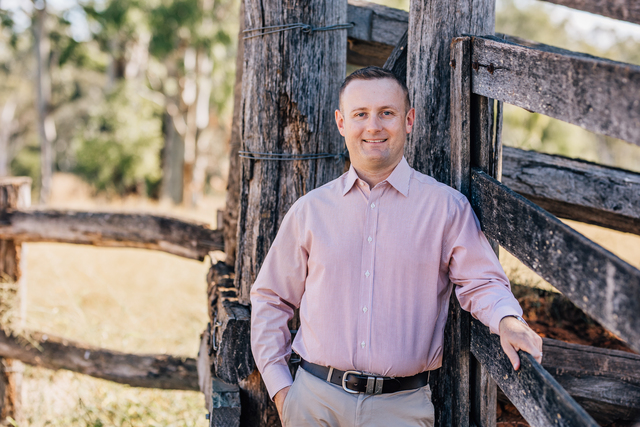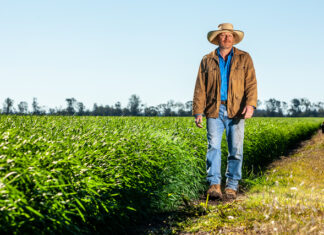Primary producers in southern Queensland are being urged to take a proactive approach in managing their farm finances, with interest rates peaking and the cost of inputs surging by as much as 67 per cent.
Rural Financial Counselling Service Southern Queensland chief executive officer Ross Leggett said interest rates on finance were 2.4 times higher than two years ago, adding an extra $3000 a month to the repayments on every $1 million borrowed.
That’s a $36,000 a year hit to farm profitability.
“The situation we’re dealing with is essentially a cost squeeze, as revenues are not increasing at the same rate as direct input costs such as fuel and fertiliser,” Mr Leggett said.
“This has a direct impact on farm profitability and requires an increased focus on business planning by producers to successfully manage their business in this environment.”
Compared with four years ago, fertiliser costs for southern Queensland’s crop producers are up to 67 per cent higher, meaning that for every 1000 acres of land cropped approximately $10,500 extra needs to be spent on fertiliser.
The on-farm price of diesel has also spiked nearly 60pc in three years according to data from the Australian Institute of Petroleum, rising from $1.20 a litre in April 2021 to $1.88 in April 2024.
The outlook from the Australian Bureau of Agricultural and Resource Economics and Sciences (ABARES) is unsettling, with farm input prices expected to remain high in 2024 while prices received for agricultural production are forecast to fall by seven per cent.
Mr Leggett said producers could explore their options with free, local and confidential support from the Rural Financial Counselling Service, which is seeing an increase in contact from producers keen to stay in control of their farm business.
“Interest rates cut across every farm business and finance is typically the single largest input cost,” he said.
“But we’re conscious that there’s a substantial cohort of producers who may be ignoring the warning signs and we’re keen to engage with them. Early intervention is critical as it gives people more options.”
Mr Leggett acknowledged many farmers preferred to focus on the physical aspects of their business rather than the financials, but engaging locally-based financial counsellors could help.
“One of the characteristics of financial hardship is that people self-diagnose themselves as the only ones in a challenging situation, so they pull back from accessing the networks available,” he said.
“I want to say that you’re not alone and we can help.
“The Rural Financial Counselling Service is a service designed to provide support within your region and we can assist with business planning and budgets so you’re tackling issues early and with excellent support.”
For more information go to the RFCS website www.rfcssq.org.au/options or call the confidential telephone service on 07 4622 5500.









